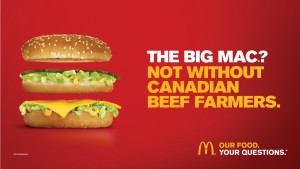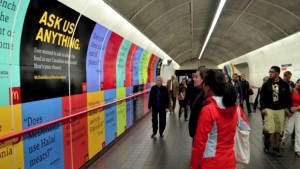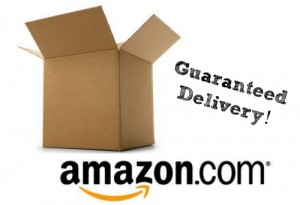After the Canadian fast food chain A&W started launching a series of advertising campaigns focusing on the fact that they use antibiotic free chicken and sourced hormone-free beef, McDonald’s was quick to respond.
The fast food giant has opted for the slogan “The Big Mac? Not Without Canadian Farmers”. The response was rapid, authentic and precise. With this clever slogan, McDonald’s struck 2 birds with 1 stone.
The first one is the meaning behind the slogan, which is implying that some beef is better than others. It is a well placed innuendo as A&W has been focusing on marketing the procurement of their meat, and not their origin – hence, a very good retort one of their biggest Canadian competitor’s campaigns. Photo Source
Photo Source
Secondly, McDonald’s is garnering the faith we place on Farmers. We generally see farmers as modest, hardworking and honest people, and as such, McDonald’s is making use of this to passively associate themselves with these values. On top of this, “Canadian farmers” relate back to the sense of Canadian pride that the customers have. It indirectly links McDonald’s to them through this self-identification.
To top this off, McDonald’s has also sent out the motto ‘Our Food. You Questions’.  Photo Source
Photo Source
With this clever twist, they have started to eliminate popular myths about their sources of meat and their quality. It has started to focus on the transparency of their sources, which is in my opinion an excellent public address as people become more and more health conscious, and thus also conscious about the foods they eat and where it came from.
Against popular belief, McDonald’s is in fact turning into a company who wants to share the values its customers believe in – instead of the unhealthy and uncaring one.


